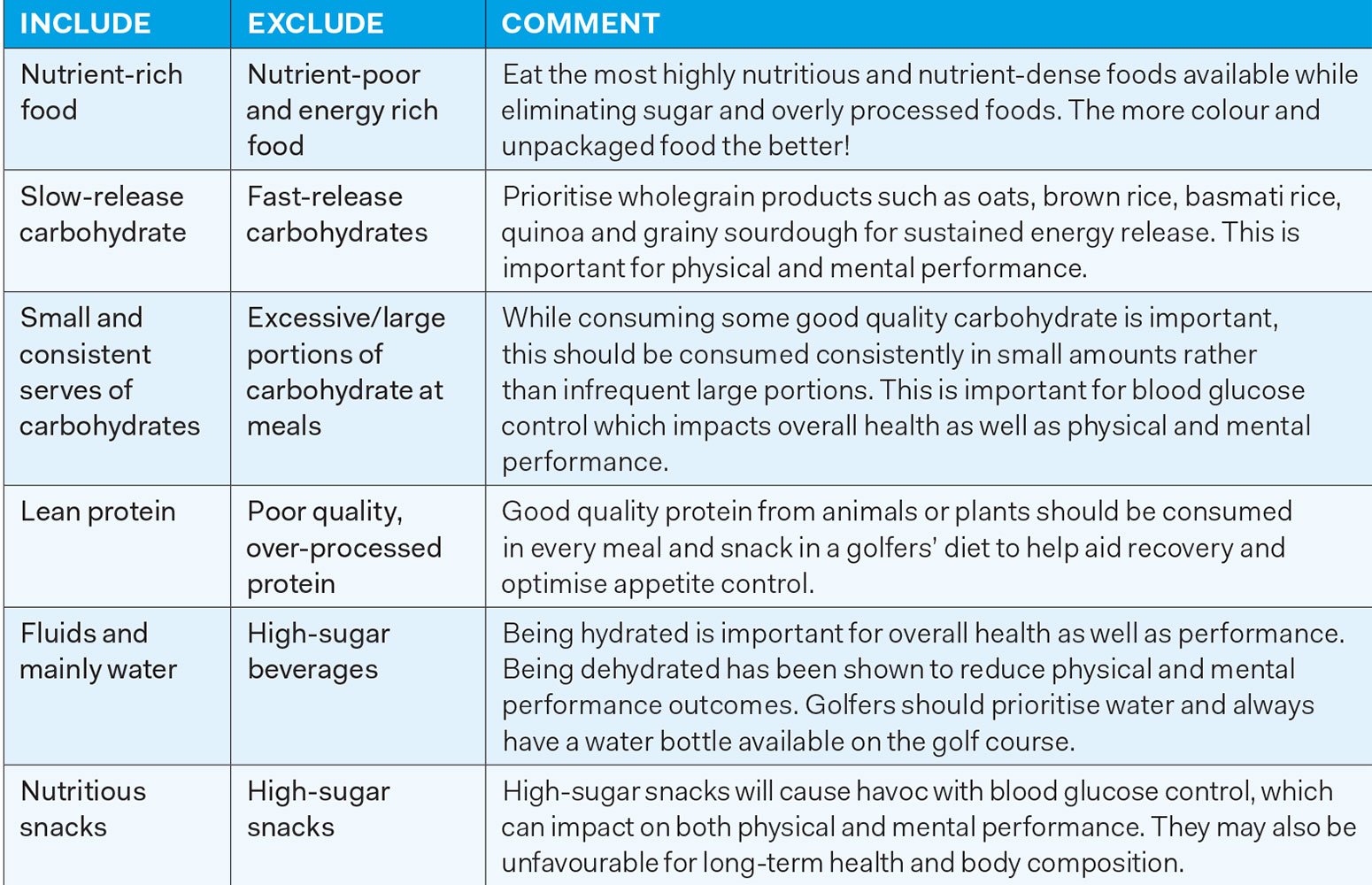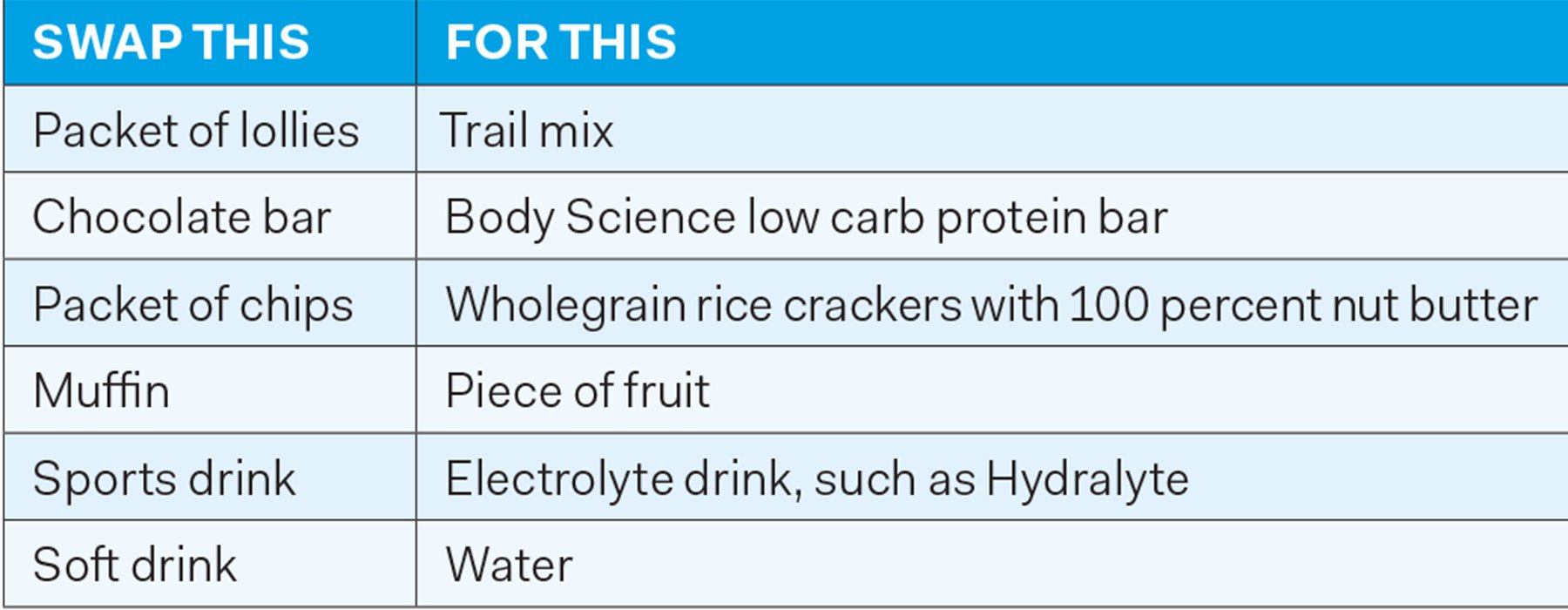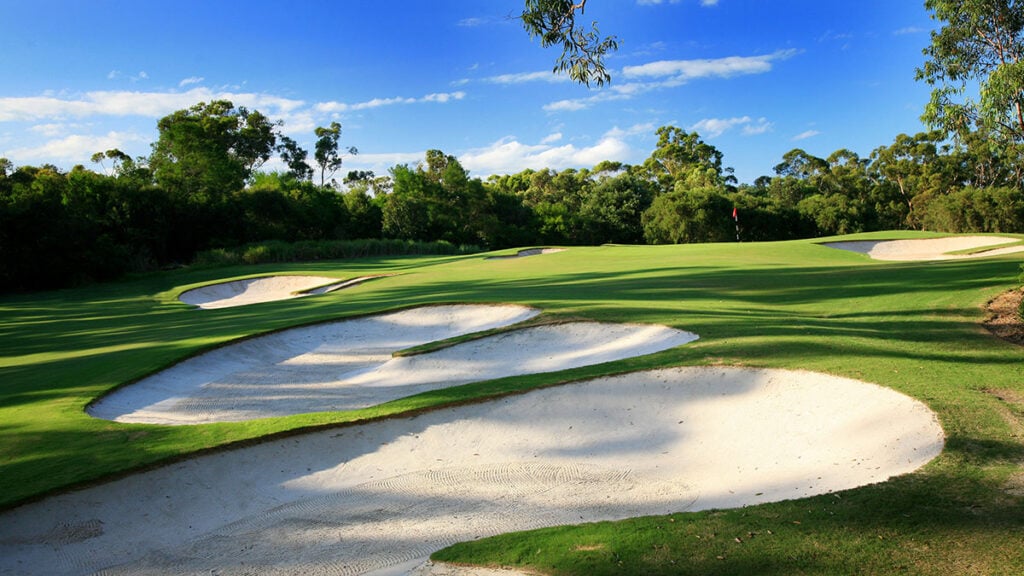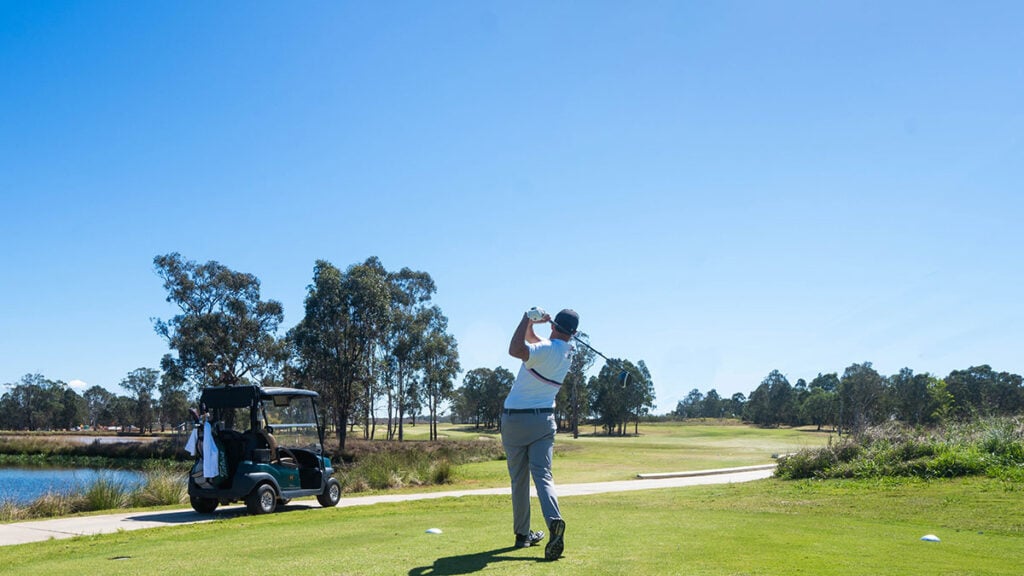NUTRITION impacts all aspects of physical and mental performance. In golf, there is an element of physical stamina as well as mental focus and skill execution, so eating with both goals in mind is key to optimising a golfers’ performance.
While traditionally golfers’ physiques have varied with top players coming in all shapes and sizes, there are definitely many advantages and benefits to being in a good physical shape. Higher body fat levels may impair performance by making an individual more susceptible to physical fatigue, particularly in warmer conditions due to greater heat intolerance. Poor body composition and dietary practices can also increase the risk of injuries.
While individual nutrition requirements will be determined by many factors including training load, training goals and body composition goals, here we outline some important nutrition and hydration strategies to help golfers’ optimise their performance.
Overall diet
There are a few key nutrition principals essential for helping golfers get the best out of their performance:
1. Eat lean proteins for muscle repair and recovery.
2. Consume quality carbohydrates to match fuel needs and sustain mental concentration.
3. Healthy fats, in particular Omega-3 fatty acids, help reduce inflammation.
4. Plenty of colour ensures the required amounts of fruits and vegetables are being consumed to meet micronutrient requirements.
5. Always drink plenty of water to stay hydrated.
What To Eat, and what not to eat

Snacks for training and competition
Sustaining appetite, energy levels and mental concentration across the day is important for golfers. Given the many hours spent practising or during competition, it is important to be organised and have some nutritious snacks with you.
As a general rule, aim to have a small healthy snack every six or so holes to help top-up energy levels and maintain concentration. It is important to have snacks that have some protein to help maintain appetite control.
Good snacks to have in a golf bag include:
• Fresh fruit
• Simple sandwiches (e.g. ham and cheese)
• Wholegrain crackers with nut butter
• Dried fruit and nut mixes
• Protein bar (body science high protein, low carbohydrate bar)
What To Eat, and what not to eat

Recovery
Recovery nutrition is especially important when playing multiple rounds in one day or over multi-day tournaments. Recovery meals and snacks should contain carbohydrates, good quality protein and plenty of fluids and electrolytes to replace sweat losses.
Some examples of suitable recovery food or snacks are:
• Fruit-based smoothie
• Chicken and salad wrap
• Ham and salad sandwich
• Chicken or salmon sushi
· Lean beef burger on wholegrain bun with salad
· Steak sandwich
· Burrito bowl with lean mince and brown rice.
• Jessica Spendlove is a Sydney-based sports dietitian who works with some of Australia’s leading professional sporting teams including the Greater Western Sydney Giants and Cronulla Sharks.




